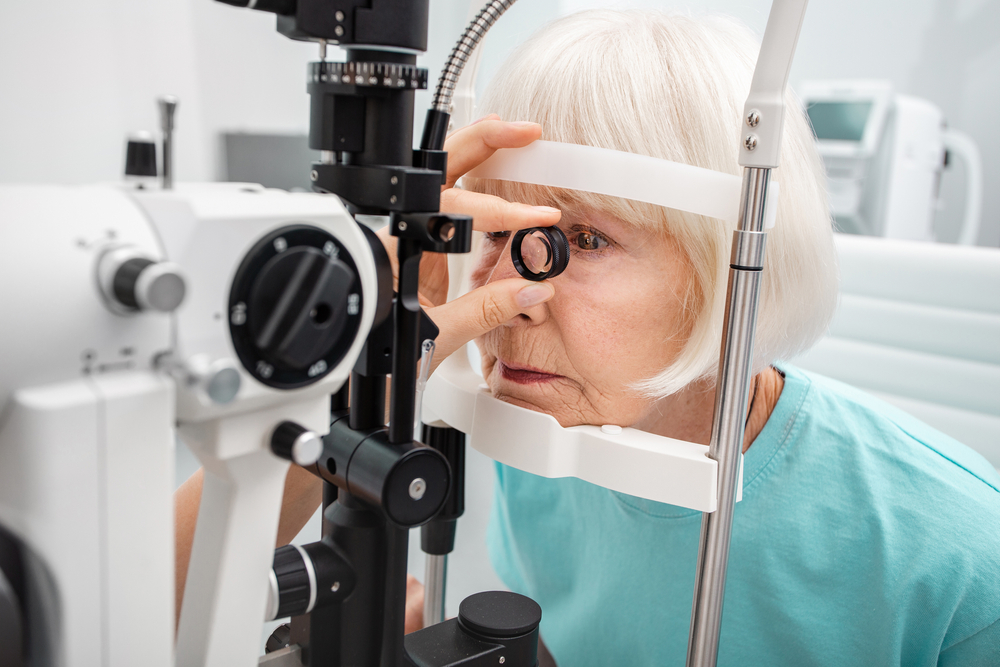
Cataracts are an age-related condition. It affects the clarity of the natural eye lens and can lead to vision impairment. As you age, the proteins in your eye lens start breaking down, and over time, they build up to cloud the eye lens.
The clouding effect progresses, making it increasingly difficult to see and perform daily activities. Cataracts can develop in one or both of your eyes, and their impact varies from person to person. For this reason, understanding when surgery is necessary is vital.
Initial Management of Cataracts
Nonsurgical management in the initial stages of cataract development is the most common route. Symptoms during this period are often mild, so the strategies used aim to improve vision and delay the need for surgery.
Updating eyeglass prescriptions to accommodate vision changes is a common approach. You can also use brighter lighting at home and magnifying lenses to help with up-close tasks such as reading.
Regular eye examinations are crucial for monitoring the progression of cataracts. During these exams, your eye doctor will test your visual acuity. They will assess the impact of cataracts on your daily activities and discuss management options/advice if surgery is necessary.
Determining the Right Time for Surgery
The decision to undergo cataract surgery is personal. It depends on your symptoms, needs, and lifestyle. Surgery is not necessary during the early stages of the condition but becomes crucial when cataracts interfere with daily activities. Tasks like reading, driving, or recognizing faces become increasingly challenging.
Assessing Visual Acuity and Quality of Life
Your eye care specialist will test your visual acuity using an eye chart test. The test will measure how you can read letters of varying sizes from a specific distance and helps determine the severity of the vision impairment caused by cataracts.
They will also consider the impact of cataracts on your life. They will evaluate factors like glare sensitivity and difficulty with night vision. These assessments provide a comprehensive understanding of how cataracts affect your well-being.
Potential Risks and Complications of Cataract Surgery
Cataract surgery is a safe and successful procedure. However, it is essential to understand and acknowledge its potential risks and complications. Although rare, knowing them is vital before deciding about the surgery.
Some potential risks include infection, bleeding, inflammation, and swelling. In most cases, postoperative care and medications can effectively manage it. There is also a risk of retinal detachment.
However, this is very minimal. Risk can be further reduced through careful surgical techniques and follow-up care. Ultimately, the benefits of cataract surgery outweigh the potential risks. The procedure has a high success rate, so most patients experience improved vision without any complications.
Benefits of Cataract Surgery
Cataract surgery offers many benefits to individuals with vision impairment caused by cataracts. Removing the clouded lens and replacing it with an artificial intraocular lens helps improve vision quality and thus quality of life.
Cataract surgery reduces dependence on glasses or contact lenses. Your surgeon can also select an artificial intraocular lens to correct nearsightedness, farsightedness, or astigmatism. This customization improves visual function and reduces reliance on corrective eyewear.
For more about cataract surgery, contact Highlands Optometry at our office in Bristol or Wise, Virginia. Call (276) 466-4227 or (276) 679-5612, respectively, to book an appointment today.






